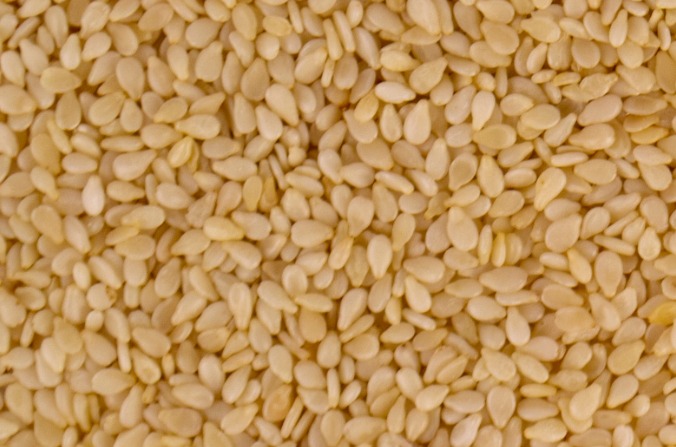
In W42 in the sesame seed landscape, the European sesame seed market is experiencing a surge in demand, primarily driven by a tightening of regulations on Indian imports due to pesticide concerns. This shift has opened opportunities for alternative suppliers, notably Pakistan, which saw a remarkable 1,300% year-on-year (YoY) increase in sesame seed exports to the European Union (EU) in 2021. Poland plays a significant role in the EU market, where sesame seeds are widely used in traditional confectionery, bread, and the growing popularity of ethnic foods like hummus. The rising demand for high-quality sesame seeds in the EU requires a careful evaluation of sourcing options, emphasizing the importance of reliable and quality-focused suppliers. The robust growth in demand also presents opportunities for innovative product development and market expansion in the future. Furthermore, the forecast for Pakistani sesame production in 2023 looks promising, with an estimated 12% YoY rise attributed to favorable weather conditions. As a result, the EU market is poised for a strong comeback in 2023.
The Ministry of Agriculture and Rural Development of Mozambique is conducting a study to assess the factors contributing to the recent low production of oilseed crops, including sesame, sunflower, and soybeans. This initiative was announced during a regional meeting in Nampula, focusing on disseminating new regulations and procedures for oilseed production, marketing, transportation, storage, import, and export.
The director of central development services at the Cotton and Oilseed Institute of Mozambique (IAOM), emphasized the importance of improving production plans and providing incentives to producers. This event gathered various stakeholders from district economic activities services, the industry and commerce sector, the national union of peasant extensionists, and partners from the northern region of Mozambique.
As of October 18, 2023, the sesame seed inventory at Huangdao Port, China, reached 132.50 thousand metric tons (mt), marking a month-on-month (MoM) increase of 7.11%. This increase is due to the arrival of sesame seed shipments from Pakistan and a decrease in trading activities caused by historically high prices. It is forecasted that the inventory will continue to rise in the upcoming weeks as buyers are cautious about stocking up due to the persistently high prices.
The governor of Mato Grosso, Brazil, will conduct a trade mission to China and India between November 3 and November 16, 2023, aimed at promoting sustainable soybean and corn production, opening the sesame and bean market, and enabling new swine processing plants, among other investment projects. Mato Grosso is set to participate in the China International Import Expo, showcasing its products and exploring opportunities for business and investments. In India, the delegation will conduct prospecting visits, meet with government and business representatives, and participate in events to promote trade and investment opportunities in the state.
Lastly, in the United States (US), sesame seeds are gaining renewed attention among North Carolina farmers, thanks to a program initiated by the state Department of Agriculture and Consumer Services. The growing popularity of hummus, tahini, and sesame oils in cosmetics is driving this interest. While most American sesame production occurs in the West and Midwest, North Carolina's sandy soils, particularly in Eastern North Carolina and the Sandhills, offer promising conditions for sesame cultivation.
A North Carolina State University Assistant Professor is collaborating with farmers in 16 counties to introduce sesame into their crop rotations. This ancient grain aligns well with traditional row cropping systems, allowing it to be rotated with crops like corn, soybeans, and sweet potatoes without requiring additional equipment. The New Emerging Crops Program by the North Carolina Department of Agriculture and Consumer Services (NCDA&CS) is promoting sesame as a crop diversification option for farmers, alongside previous initiatives focusing on hemp, hops, and purple carrots. Sesame's resistance to the root-knot nematode, a destructive pest for many crops, and its unattractiveness to deer, which often harm row crops like soybeans, make it an attractive option. Additionally, sesame is a drought-tolerant crop, making it valuable in an ever-changing climate. As a result, North Carolina farmers are increasingly exploring sesame cultivation as a means of financial stability and adaptability to changing weather patterns.




